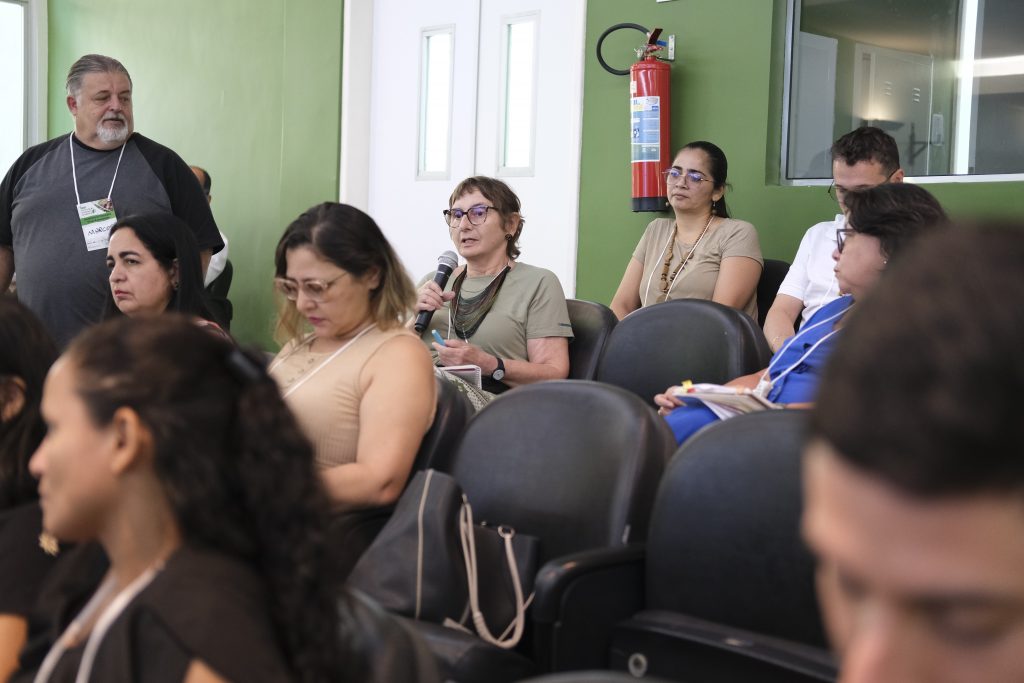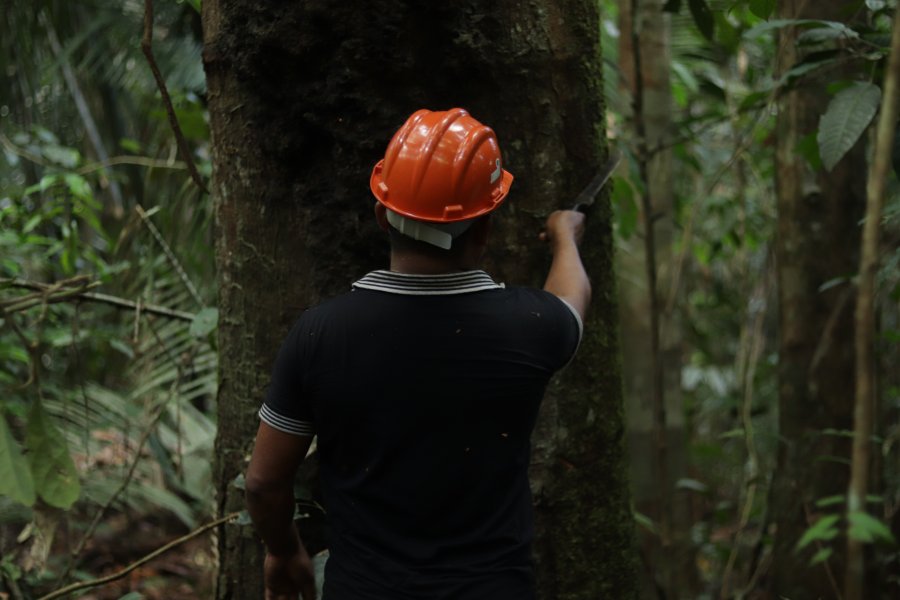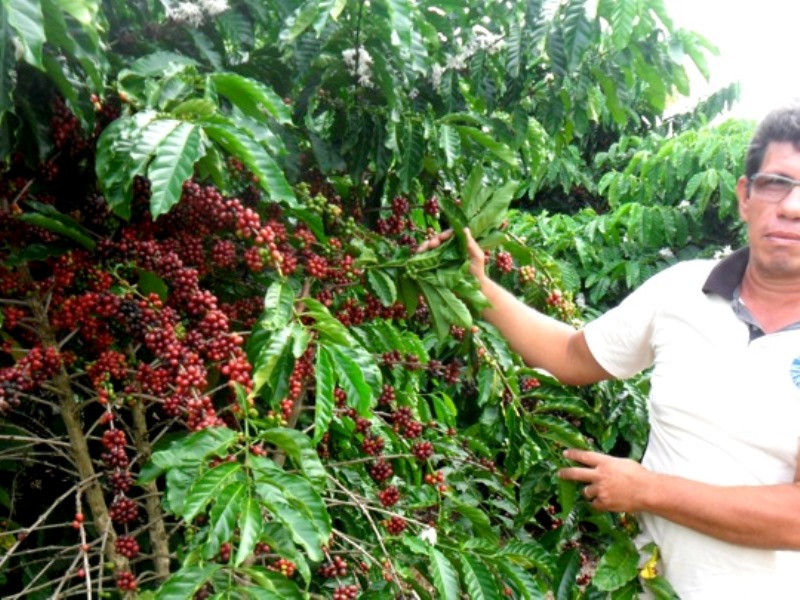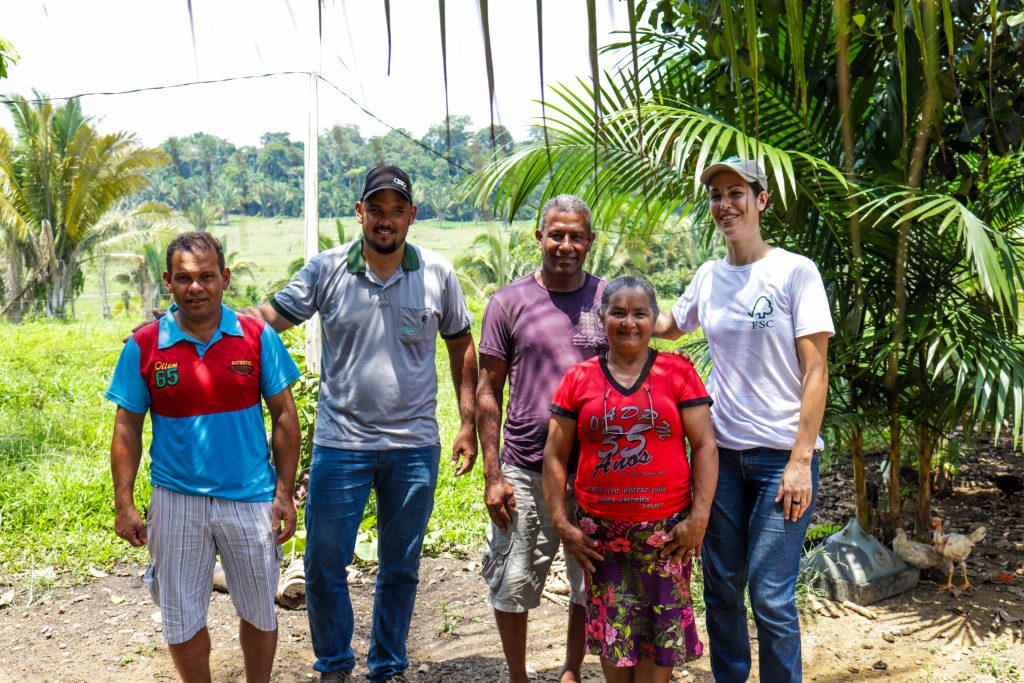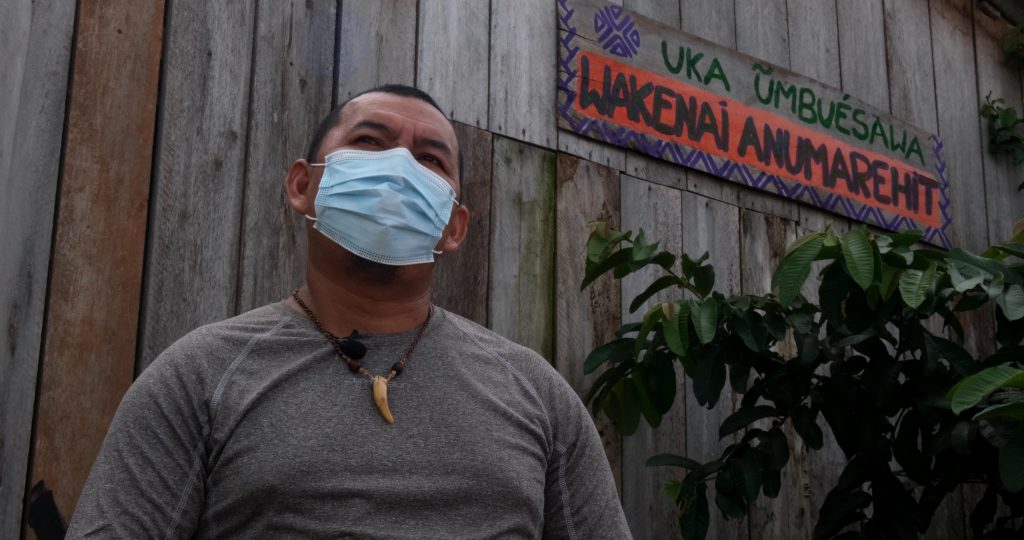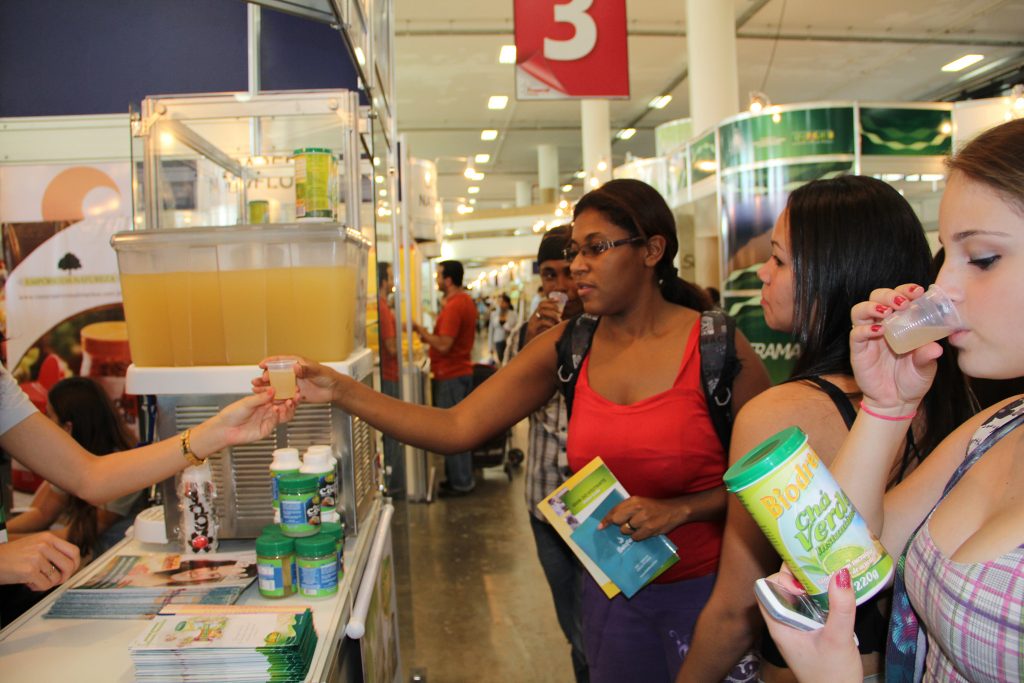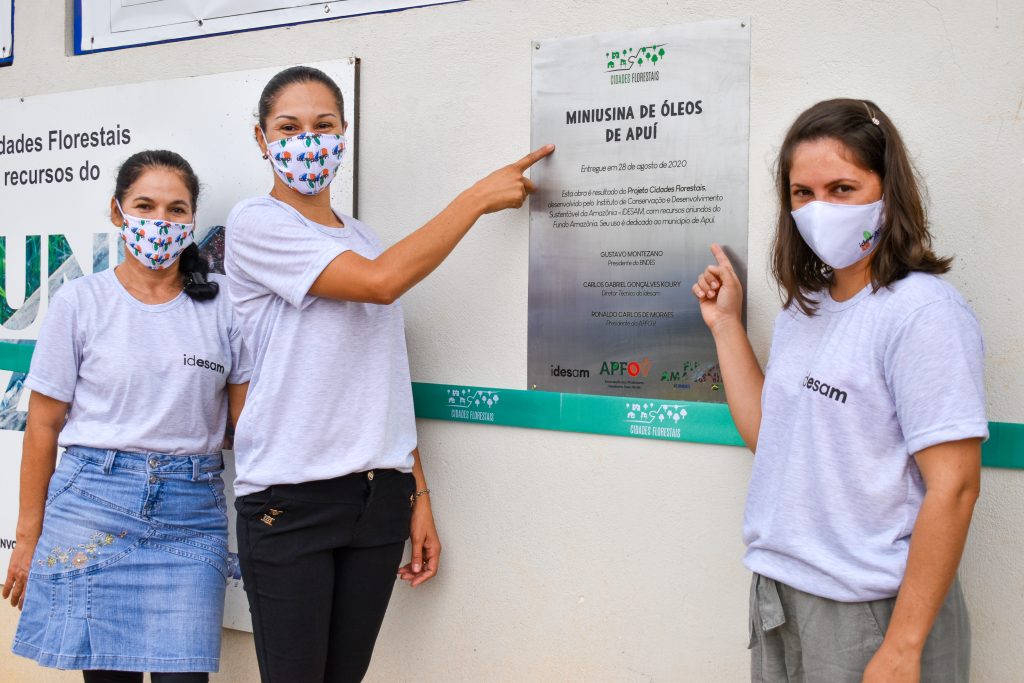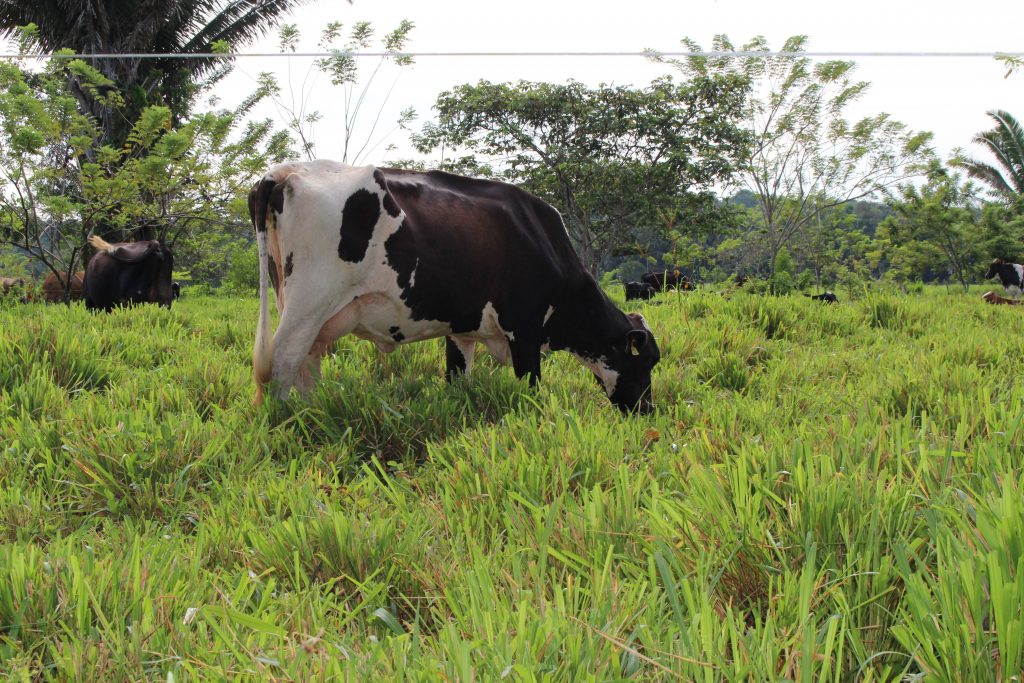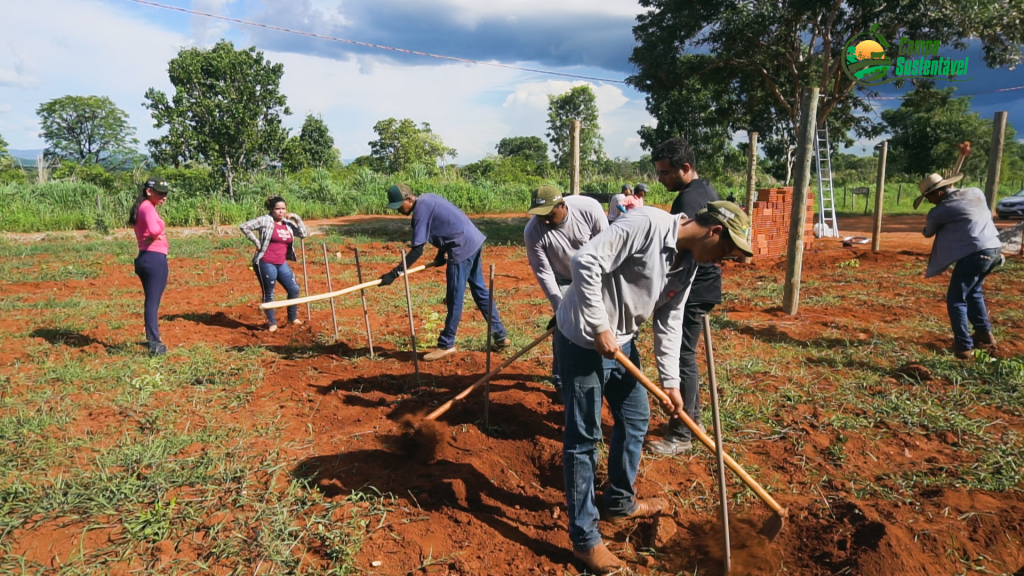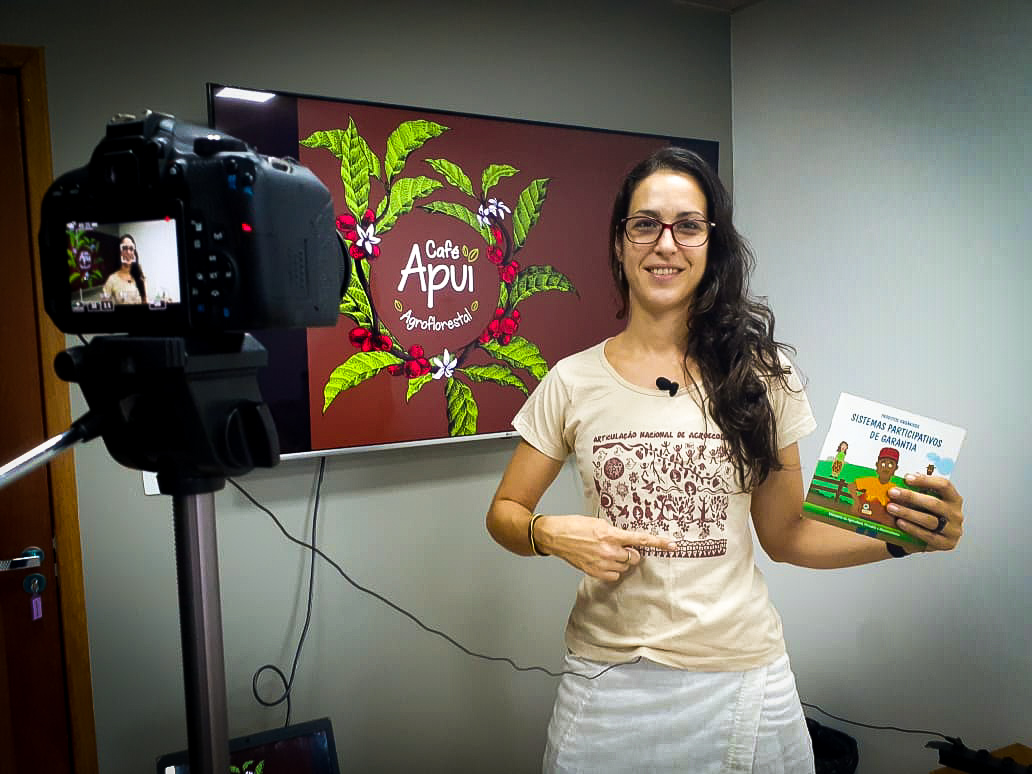
Women and young people who produce Apuí Agroforestry Coffee receive remote training
Remotely taught to women and young coffee growers, series is available on YouTube
Text and photo: Henrique Saunier
Translation: Felipe Sá
Created especially for 18 partner farming families of the Apuí Agroforestry Coffee initiative (Café Apuí Agroflorestal, in Portuguese), a series of video classes is launched by Idesam having, as main themes, the importance of the female presence in strategic sectors of family agriculture and the necessary measures to maintain the organic certification. With a focus on women coffee growers in southern Amazonas, the video classes will be given remotely, using tablets made available by the project.
Located in Apuí (AM), the Ouro Verde Family Producers Association (APFOV, in Portuguese) has been developing the agroforestry coffee project since 2012, with technical assistance from Idesam. These families cultivate conillon (or shaded) coffee in agroforestry systems (SAFs, in Portuguese), with the use of organic management techniques. Introduced with the support of Idesam technicians, the SAFs recompose the forest landscape, combining environmental conservation in the Amazon with social development for the families.
The initiative to produce digital content to offer training to these partner families was made possible thanks to the support of the project Green Markets and Sustainable Consumption, developed by the Deutsche Gesellschaft für Internationale Zusammenarbeit (GIZ) GmbH in partnership with Brazil’s Ministry of Agriculture, Livestock and Food Supply (MAPA), with the support of the Eco Consulting/IPAM consortium.
“This is a big step to train mainly women and young people in the coffee value chain in Apuí. This project was born to replicate the methodology of gender analysis in value chains, one of the modules of the CapGestão Amazônia Program. We are very happy with the products developed by the project and we hope that the farming families in Apuí will expand their knowledge of gender relations involved in the production of agroforestry coffee and expand the participatory organic certification of coffee”, says Cláudia de Souza, coordinator of the CapGestão Amazônia Program.
The group of women farmers who received the qualification in video is currently in its second cycle of participatory organic certification, which requires a high degree of social organization to ensure safe organic compliance of products. However, group work and self-management of the project are still challenges for the growth of the group, which explains the strategy of training and empowering women and young people in general.
“With eight years of existence, in 2018 the project achieved organic certification, but needs investments to consolidate and expand its production scale in order to access the specialty coffee market and ensure a positive and sustainable growth cycle for the enterprise”, said Marina Reia, project coordinator who works directly with producers in Apuí.
According to Reia, initiatives such as the video lesson series contribute to the expected achievement of the goal of having all producers of the Apuí Agroforestry Coffee project certified as organic by 2020. “The group understands that getting the Selo Orgânico Brasil (organic certification) in a participative way, besides being economically possible for producers, maintains the cohesion of the social organization and is also advantageous because it can involve young people and women in registration activities. And with this, to certify more items of the property, generating more opportunities of economic and social growth and involving more families”, completes Marina Reia, who is also the instructor of the five video classes available.
About Apuí Agroforestry Coffee
Apuí is located in the extreme south of the state of Amazonas, currently facing deforestation in the Amazon. Public land grabbing (grilagem, in Portuguese) and illegal deforestation happen mainly beacuse of extensive cattle ranching. About 90% of the deforested area in the territory is converted to pasture. In this context, Café Apuí Agroforestry is an alternative to promote and consolidate economic models that are in harmony with the ecology and local people, as well as being capable of replication in the biome.
Currently also available in an organic version, Apuí Agroforestry Coffee is grown in a consortium with native trees of economic and food interest to families. The conversion of unproductive areas to forested areas also generates a 60% higher productivity of coffee plantations compared to conventional cultivation.

